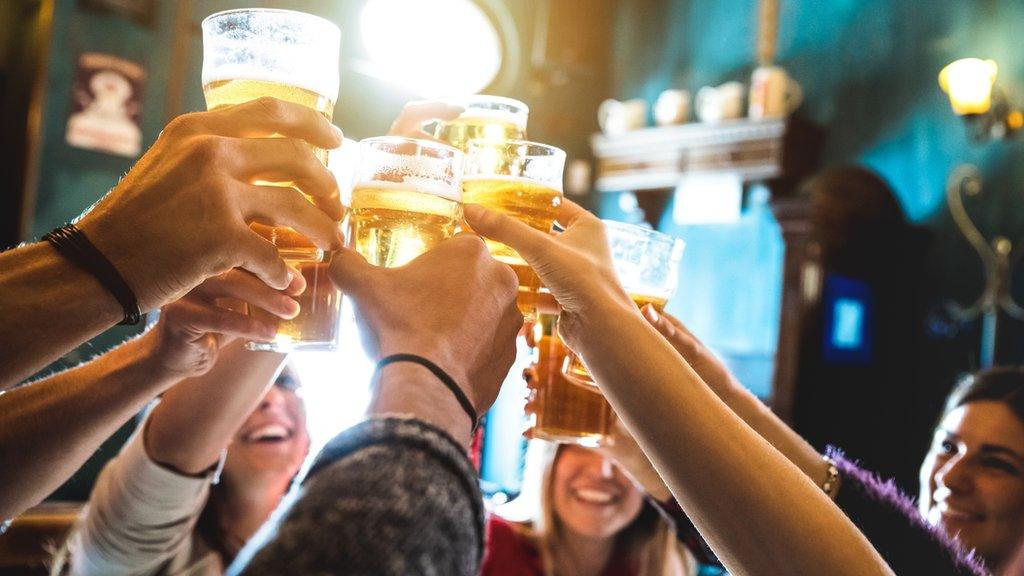Cash-strapped councils look for tourist tax powers
- Published
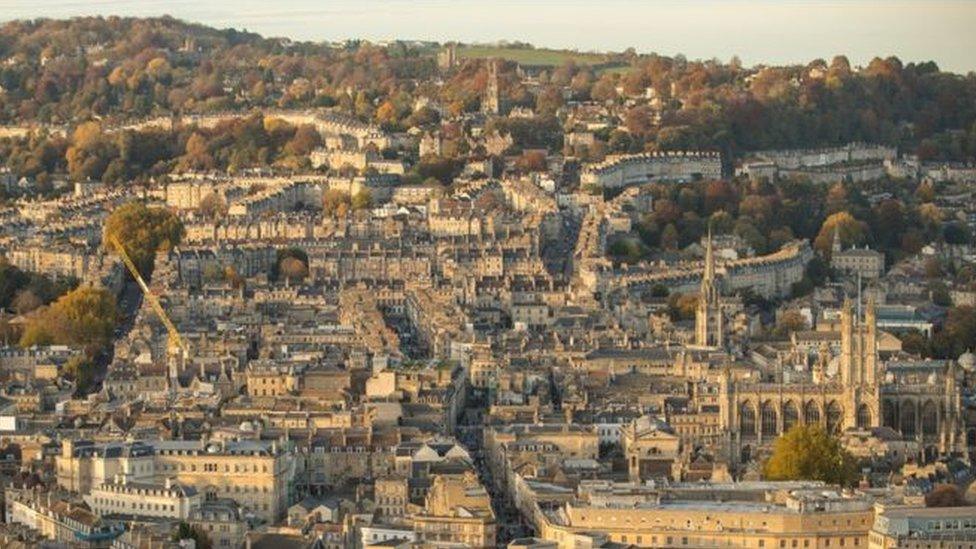
Bath council wants the power to charge a 'tourist tax' on visitors to the World Heritage Site
A tourist tax could be imposed on visitors to some of the UK's leading destinations if cash-strapped councils get their way.
Bath wants the power to impose a £1-per-night charge to allow the authority to "put the icing back on the cake" after years of financial restraints.
The Scottish Highlands and Aberdeen are among others considering a levy.
But industry figures have warned the proposals could hit the wider tourism industry hard.
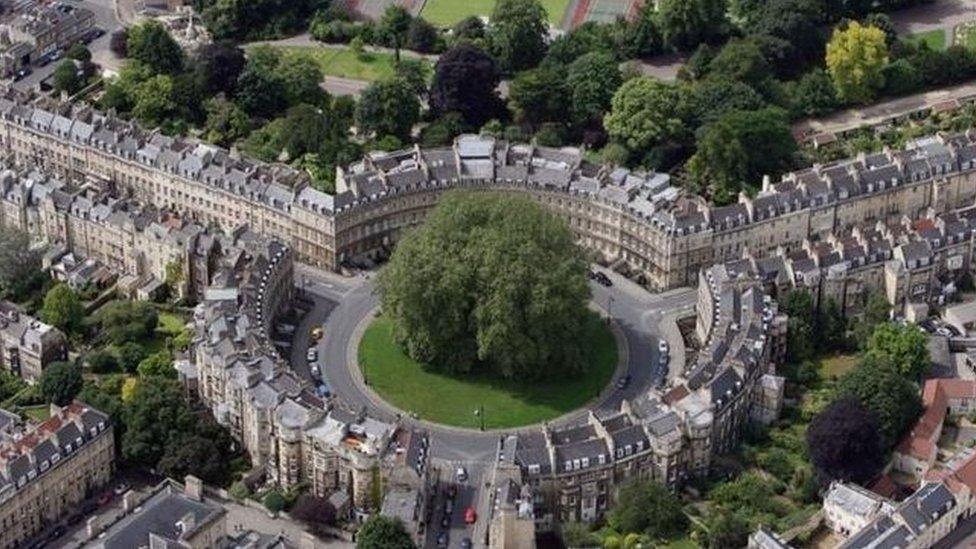
Visitors to Bath could be charged a £1-per-night levy
Bath and North East Somerset Council has asked central government for the power to "introduce a levy on local tourism and short-term holiday lettings".
The law does not currently allow councils to impose a tax on hotels or restaurants.
Council leader Tim Warren said that while a levy wouldn't make a "big difference" to visitors' hotel bills, it would have an impact on the council's budget for services such as street improvements.
He added: "We are not asking for more money, we are asking for the opportunity to make our own money."
Aberdeen city leaders have said a levy is just one of the "levers" to boost the economy and offset funding cuts.
The city council's co-leader, Jenny Laing, said: "We have been considering the potential of a tourism levy since 2015, a demonstration of our determination to innovate in the face of the funding challenges we face, but no decision can be made unless the council has the devolved power to do so.
"Any decision would be based on consultation with key local stakeholders in the tourism sector to ensure their views continue to help shape future plans."

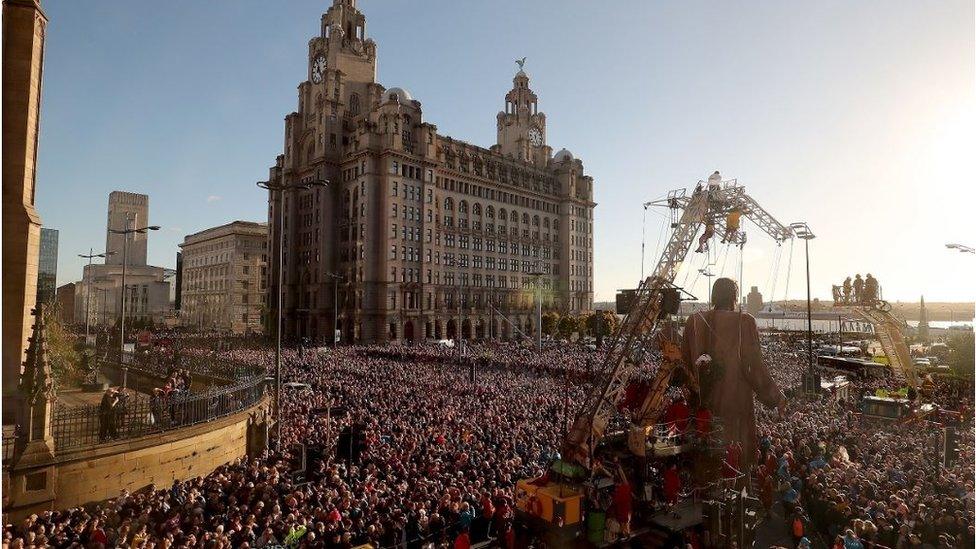
Huge crowds watched giant puppets walk through the streets of Liverpool in 2018, ten years after the city was Capital of Culture
Voluntary tax
Liverpool city councillors could be about to push for a voluntary tourist tax.
Tourism has boomed in the decade since the city was the 2008 European Capital of Culture year and on Wednesday the city council will debate the idea of a tax for "cultural events".
Two members taking the idea to the city council said that while the industry is creating many jobs, they need to be sure everyone in the city can get the right training.

Proposals for a £2 a night hotel tax in Edinburgh also received strong public support this week, while Highland Council is on the brink of launching its own consultation to find out if locals back plans for a tax.
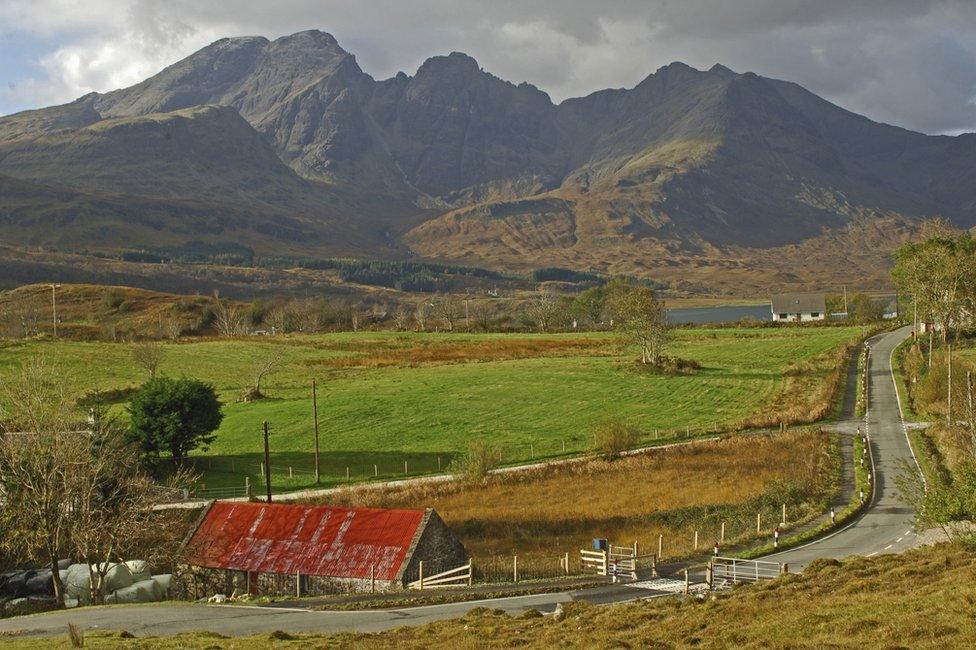
Skye is Scotland's second most popular destination after Edinburgh say islanders
Increasing numbers of visitors to places such as the Isle of Skye have placed more pressure on public services and attractions. A council report said a levy could generate £5m-£10m to invest in improvements.
The Scottish government was against allowing councils to set a tourist tax, but Nicola Sturgeon signalled a change in direction last year when she said there should be further consultation.
Elsewhere, plans were also floated for a central London levy to fund facilities such as public toilets, parks and open spaces, external before being put 'on hold', partly because of uncertainty over Brexit.
Negative impact
Tony Sophoclides, from trade body UK Hospitality, said he can understand why a tourism levy would be attractive to councils looking for new ways to bring in cash, but warned the result could be a falling incomes across all tourism businesses - far outweighing the income a levy might bring.
He said the model may work in European cities and other comparable tourist destinations, but the UK has higher rates of VAT on accommodation and already scores badly in terms of tourism-price competiveness.
He added: "It's not as simple as saying it works elsewhere, so why not here."

More about this story
This story was developed alongside the work of the Local Democracy Reporting Service [LDRS], a public service news agency.
The LDRS is funded by the BBC, provided by the local news sector and used by qualifying partners as part of a partnership between the BBC and the News Media Association.
For more information, click here.
- Published31 July 2017
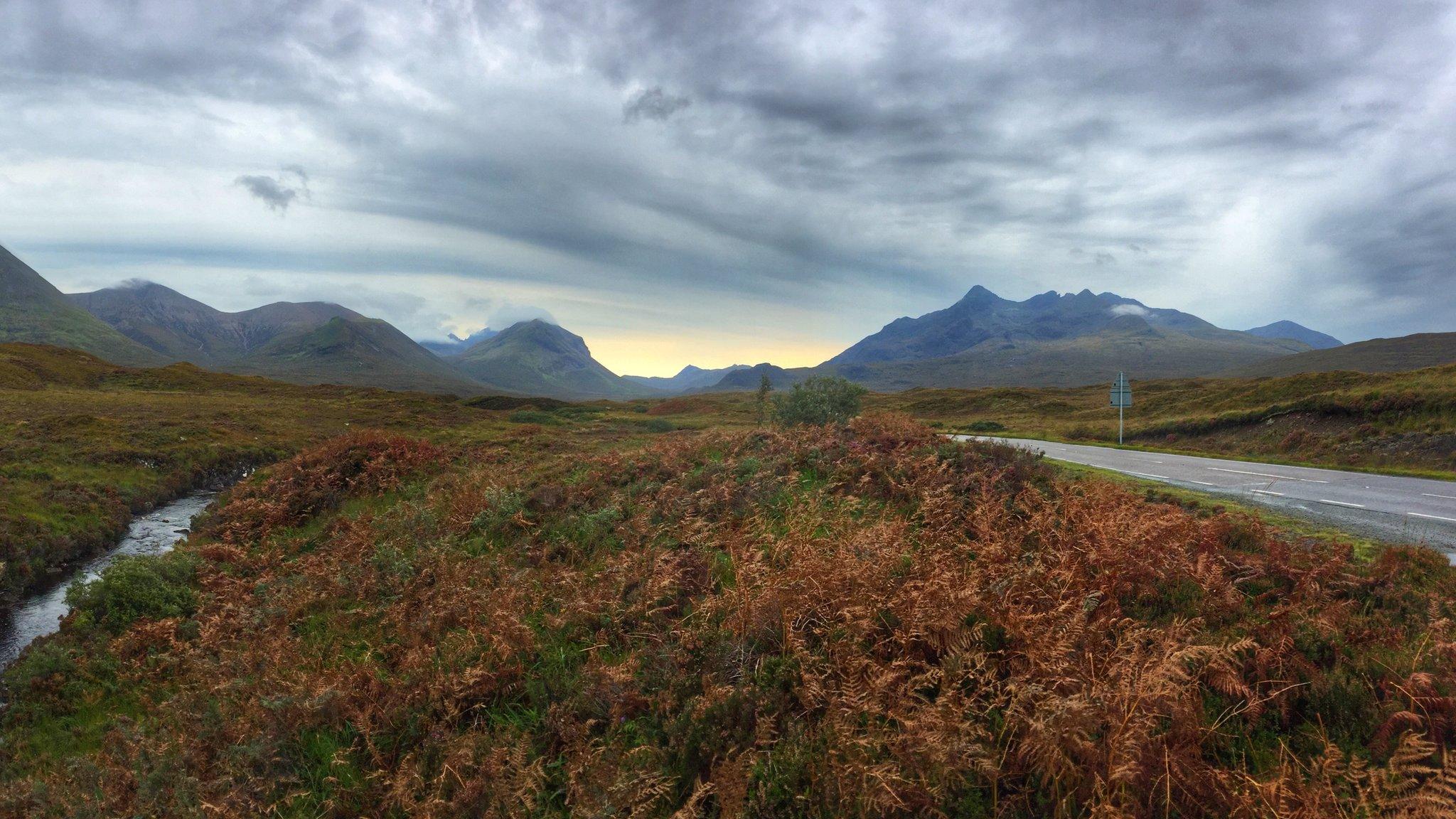
- Published8 January 2019
